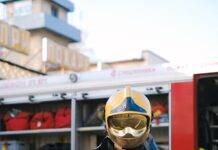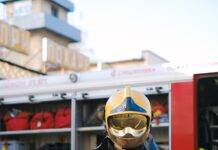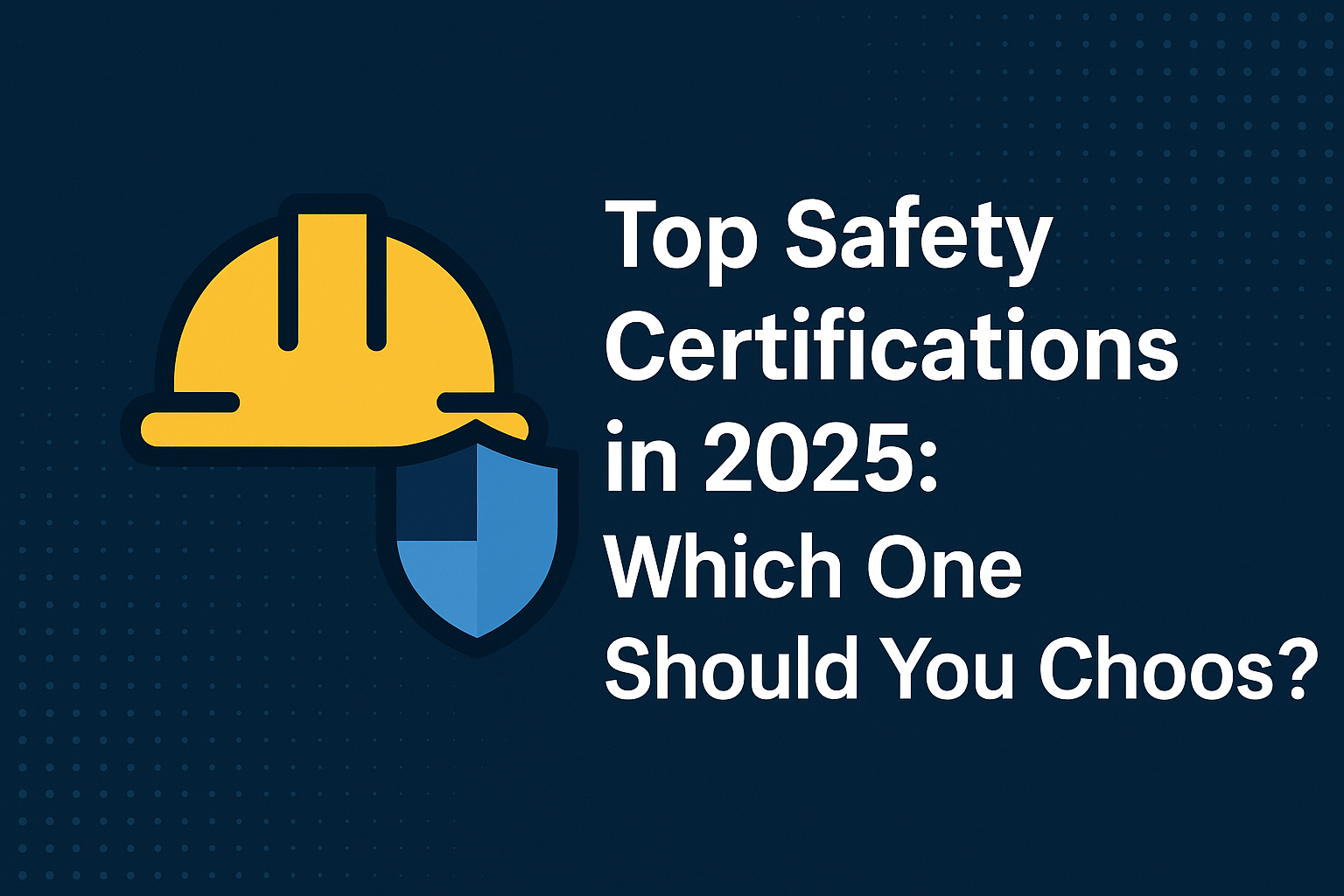
Why is Sprinklers Needed?
Introduction
Why is Sprinklers Needed? : In a world where fire safety is of paramount importance, the role of sprinkler systems cannot be overstated. They have become an integral part of our lives, offering a layer of protection that can be the difference between life and death. This article explores the significance of sprinklers and delves into why they are an indispensable component in safeguarding lives and property.
The Importance of Fire Safety
Fire safety is an issue that concerns us all. The consequences of a fire can be catastrophic, leading to the loss of lives and property. Therefore, ensuring that we have adequate fire prevention and firefighting measures in place is essential.
The Role of Sprinklers in Fire Safety
Sprinkler systems are a crucial element in any fire safety plan. These systems are designed to automatically detect and extinguish fires or control their spread. Here are some of the reasons why sprinklers are needed:
1. Early Detection and Rapid Response
One of the primary advantages of sprinkler systems is their ability to detect fires at an early stage. When a fire breaks out, the heat causes the sprinkler head to activate and release water. This rapid response can help contain the fire before it has a chance to escalate.
2. Reducing Fire Damage
Sprinklers can significantly reduce the extent of fire damage. By suppressing the fire’s growth, they limit the destruction caused by the flames and smoke. This not only saves lives but also preserves property.
3. Minimizing Smoke and Heat
Smoke and heat are major contributors to fire-related fatalities. Sprinklers help in reducing both of these elements, creating a safer environment for occupants and first responders.
4. Protecting Valuables
In addition to safeguarding lives, sprinklers can protect valuable assets such as documents, equipment, and inventory. This is particularly important for businesses and institutions where financial and operational losses can be devastating.
5. Lower Insurance Premiums
Many insurance companies offer reduced premiums to properties equipped with sprinkler systems. The presence of these systems demonstrates a commitment to safety, making the property less of a risk to insure.
Common Misconceptions About Sprinklers
1. Water Damage
One of the common misconceptions about sprinklers is the fear of water damage. It’s important to note that sprinkler systems are designed to release a specific amount of water, and only in the area affected by the fire. Therefore, the potential water damage is significantly less than the damage caused by an uncontrolled fire.
2. Accidental Activation
There’s a belief that sprinklers can be accidentally activated. In reality, sprinkler heads operate independently and only activate when exposed to high temperatures due to a fire.
3. Cost
While the installation of a sprinkler system comes with an initial cost, the long-term benefits far outweigh the investment. The savings in terms of lives and property protection, as well as potential insurance premium reductions, make sprinklers a wise choice.
Conclusion
In conclusion, the importance of sprinklers in fire safety cannot be overstated. These systems provide early detection, rapid response, and significant reduction in fire damage, making them a crucial component in safeguarding lives and property. Common misconceptions about sprinklers need to be debunked to ensure their widespread adoption.
What is K-Factor in Sprinkler Systems?
Where Are Fire Sprinkler Systems Used?
What is the Use of Fire Sprinklers?
FAQs
1. Are sprinklers effective in all types of fires?
Yes, sprinkler systems are effective in a wide range of fires, including those caused by flammable liquids, electrical faults, and solid materials.
2. Can sprinkler systems be retrofitted in existing buildings?
Yes, existing buildings can be retrofitted with sprinkler systems to enhance their fire safety.
3. How often should sprinkler systems be inspected and maintained?
Regular inspections and maintenance are crucial to ensure the proper functioning of sprinkler systems. This should be done at least annually.
4. Are there any environmental concerns with sprinkler systems?
Sprinkler systems use water as a firefighting agent, which is environmentally friendly compared to some other fire suppression methods.
5. Do all buildings require sprinkler systems?
The necessity of sprinkler systems depends on various factors, including building occupancy, size, and local building codes. Consulting with a fire safety expert is advisable to determine the specific requirements for a given property.
























